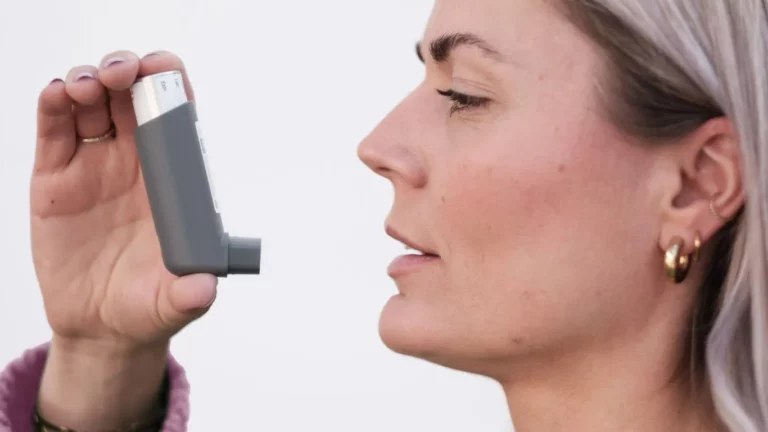Understanding GERD: Symptoms and Treatment Options
html
Understanding GERD: Symptoms and Treatment Options
Gastroesophageal reflux disease (GERD) is a common digestive condition that occurs when stomach acid or bile irritates the food pipe lining. In this article, we’ll explore its symptoms, causes, and treatment options.
What is GERD?
GERD, often referred to as acid reflux, can lead to uncomfortable symptoms like heartburn, chest pain, and difficulty swallowing. The condition develops when the lower esophageal sphincter (LES), a ring of muscle that closes off the esophagus from the stomach, becomes weakened or relaxes inappropriately. This allows acid to flow back into the esophagus.

Common Symptoms of GERD
Some of the most common symptoms of GERD include:
- Frequent heartburn
- Acid regurgitation
- Difficulty swallowing
- A sensation of a lump in the throat
Causes of GERD
Several factors can contribute to the development of GERD, including obesity, pregnancy, smoking, and certain medications. It’s important to identify the root cause to find the most effective treatment plan.

Treatment for GERD
Treatment options for GERD often involve lifestyle changes, such as avoiding trigger foods, elevating the head of the bed, and taking medications like antacids or proton pump inhibitors. In some cases, surgery may be recommended.
Complications of Untreated GERD
If left untreated, GERD can lead to more serious health problems, such as esophagitis, ulcers, and even esophageal cancer. It is crucial to seek medical attention if symptoms persist.

When to See a Doctor
If you experience persistent symptoms of GERD or if your condition worsens, it’s essential to see a doctor. They can help you find the right treatment to prevent complications.
Conclusion
GERD is a manageable condition, but it requires attention to both lifestyle and medical treatment. By understanding the symptoms and causes, and working with your healthcare provider, you can find effective relief.
 html
html
References
- “GERD: Overview of Symptoms and Treatment” – Mayo Clinic
- “Acid Reflux and Heartburn – Symptoms, Causes, and Treatments” – WebMD
- “GERD: Causes, Symptoms, and Diagnosis” – National Institute of Diabetes and Digestive and Kidney Diseases
FAQs
- What is GERD?
- GERD, or gastroesophageal reflux disease, occurs when stomach acid or bile irritates the food pipe lining, causing symptoms like heartburn and chest pain.
- How is GERD treated?
- Treatment for GERD includes medications, lifestyle changes, and sometimes surgery to manage the symptoms and prevent complications.
- Can GERD lead to cancer?
- If left untreated, GERD can increase the risk of esophageal cancer, as long-term acid reflux can damage the esophagus lining.
Disclaimer
The information provided in this article is for informational purposes only and should not be considered medical advice. Always consult with a healthcare professional for any medical concerns or before starting new treatments or medications.

Camellia Wulansari is a dedicated Medical Assistant at a local clinic and a passionate health writer at Healthusias.com. With years of hands-on experience in patient care and a deep interest in preventive medicine, she bridges the gap between clinical knowledge and accessible health information. Camellia specializes in writing about digestive health, chronic conditions like GERD and hypertension, respiratory issues, and autoimmune diseases, aiming to empower readers with practical, easy-to-understand insights. When she’s not assisting patients or writing, you’ll find her enjoying quiet mornings with coffee and a medical journal in hand—or jamming to her favorite metal band, Lamb of God.







